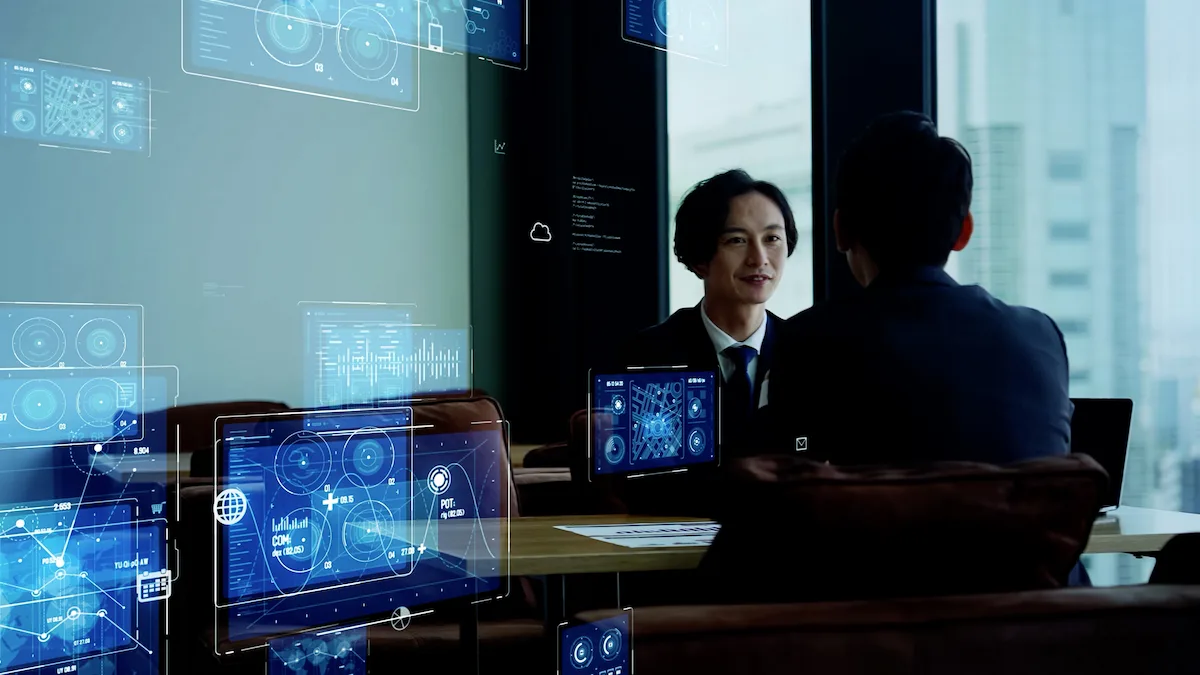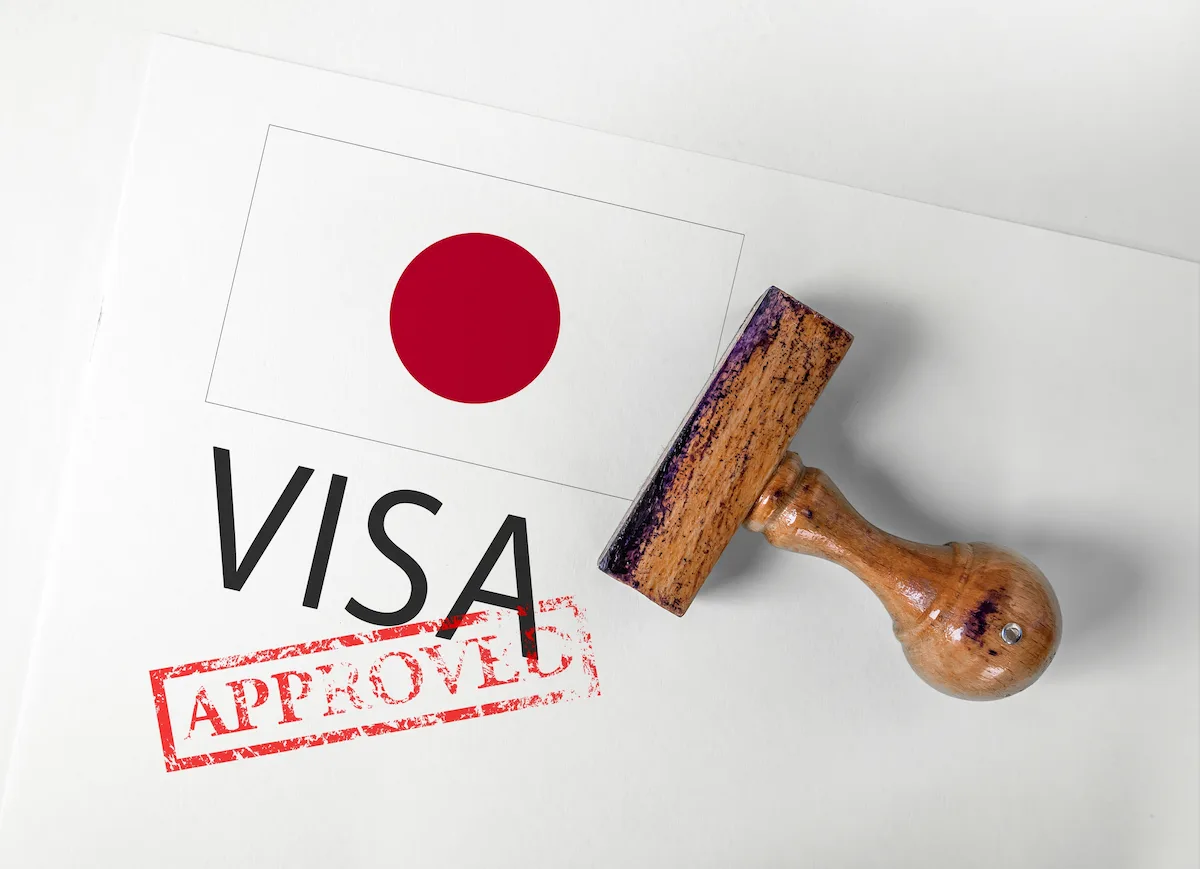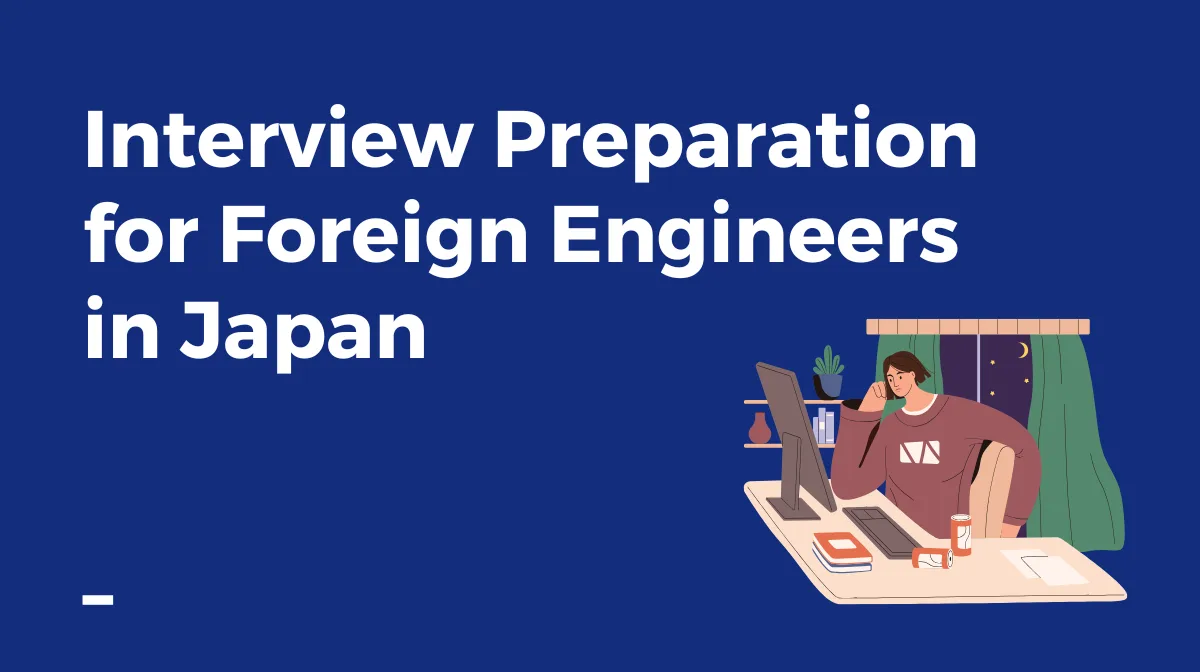For foreign engineers, job interviews in Japan require more than just technical skills. There are many aspects to prepare for, including Japan’s unique interview culture, business etiquette, and knowledge about visa requirements.
This article provides a detailed explanation of essential points for success, from basic interview knowledge to post-offer procedures.
1. Basic Knowledge of Japanese Job Interviews

Japanese job interviews differ from those in other countries. However, understanding and preparing for these basic elements will help you feel more confident during your interview.
Types of Interviews and Their Characteristics
There are four types of interviews in Japan.
- Individual interviews
- Group interviews
- Group discussions
- Presentation-style interviews
Companies may conduct only individual interviews or use all four types, depending on their recruitment process.
Individual Interviews
One candidate is interviewed by one or more interviewers.
The interview begins with a self-introduction, followed by questions to assess your personality, job suitability, and motivation. Since you’re the only candidate, you may have more time to discuss your motivation for applying and make your self-presentation, which is characteristic of individual interviews.
Group Interviews
Multiple candidates are interviewed by multiple interviewers. You’ll have less time to speak compared to individual interviews, so you need to make your self-presentation concise. Be mindful that your attitude while others are speaking is also being evaluated.
Group Discussions
While this involves multiple candidates and interviewers like group interviews, it’s different in nature. During group discussions about specific topics, interviewers evaluate.
- Your ability to understand others’ opinions
- Your ability to express your own opinions
- Your ability to take on roles within the group
- Your ability to cooperate with others
Presentation-style Interviews
One candidate presents to multiple interviewers. You’ll be given a topic to present on, and interviewers will evaluate your ability to logically express your opinions and ideas within a limited time.
Selection Process Flow
The selection process typically proceeds as follows.
Document Screening
Submit your documents (resume and work history) to your desired company. These documents have specific required content.
Resume should include
- Name
- Date of birth
- Photo
- Nationality
- Address
- Phone number
- Email address
- Educational background
- Work history
- Special skills
Work History Document should include
- Employment history
- Information about previous employers
- Job responsibilities
- Skills
- Qualifications
- Self-promotion
These documents can be handwritten or created on a computer. If handwriting, write it yourself and rewrite if you make mistakes.
▼Related Articles
Interviews
If you pass the document screening, you’ll proceed to interviews. The number of interviews varies by company. Some companies decide after one interview, while others may conduct second and third (final) rounds.
Unique Aspects of Japanese Interviews
Japanese interviews differ somewhat in purpose from those abroad. While overseas interviews typically focus on confirming skills and are usually brief, Japanese interviews assess both skills and personality, often lasting 30 minutes to an hour.
Japanese interviews primarily evaluate
- Cultural fit with the company
- Background and skills
- Stress tolerance
- Communication ability
- Motivation to work for the company
- Business person capabilities
- Ability to speak clearly and logically
2. Preparing for Technical Interviews

IT professionals will also face technical interviews to assess their engineering skills.
Organizing Your Technical Skills
Prepare a summary of your work experience, skills, achievements, and roles. When sharing experiences, use specific numbers to describe project team sizes and user base scale.
Technical interviews may include programming tasks or problem-solving scenarios presented by the interviewer.
Some companies may request a portfolio. In most cases, thorough preparation is necessary to handle any potential questions.
Common Questions and Model Answers
Here are three common questions asked in IT professional interviews, along with model answers.
Questions About Skills and Experience
Interviewers want to confirm if your abilities and experience match their business needs.
Question: “Please tell us about your previous responsibilities”
Model Answer: “I was involved in developing the XX service. As team leader, I considered team members’ strengths when assigning tasks to improve efficiency, successfully completing the project X months ahead of schedule”
Questions About Problem-Solving Abilities
These questions assess your ability to handle work-related issues, which is crucial for IT professionals.
Question: “How did you handle difficulties?”
Model Answer: “Once, while managing multiple concurrent projects, I was uncertain about meeting all deadlines. Since then, I’ve implemented regular priority reviews with the team for project management, ensuring all projects meet their deadlines”
Questions About Teamwork
In Japan, “Ho-Ren-So” (Report-Contact-Consult) is crucial. These questions assess your problem-solving abilities and whether you can work effectively in a team.
Question: “What did you do when you couldn’t make a decision?”
Model Answer: “Instead of proceeding solely on my judgment, I immediately report the situation to my supervisor. While investigating the cause, I consult with supervisors and colleagues to find solutions”
■日本でエンジニアとしてキャリアアップしたい方へ
海外エンジニア転職支援サービス『 Bloomtech Career 』にご相談ください。「英語OK」「ビザサポートあり」「高年収企業」など、外国人エンジニア向けの求人を多数掲載。専任のキャリアアドバイザーが、あなたのスキル・希望に合った最適な日本企業をご紹介します。
▼簡単・無料!30秒で登録完了!まずはお気軽にご連絡ください!
Bloomtech Careerに無料相談してみる
3. Self-Promotion in Interviews

It’s important to present yourself as valuable to the company during interviews.
Creating Your Self-Promotion
Start with your conclusion for clarity. For example, begin with “My strength is maintaining composure in any situation,” then provide specific examples demonstrating this strength.
Also showcase your achievements in your self-promotion.
- Projects you’ve handled
- Experience preventing issues through client communication
- Team development experience
- Leadership experience
For IT professionals, demonstrating commitment to staying current with knowledge and skills is important. If you’ve participated in study groups or communities, mention this.
Crafting Your Motivation
Your motivation explains why you want to work at this company. Create a positive impression by explaining how your skills and knowledge from previous work can benefit the company and how you can contribute after joining.
To avoid giving the impression that you’d be better suited elsewhere, connect your reason for wanting to work in Japan with your reason for choosing this company (such as their products or services).
Expressing Your View on Teamwork
Japan has a strong collective mindset where “working in teams or groups is important.”
Japanese culture values harmony, and being cooperative within a group is crucial. Therefore, teamwork is highly valued in the workplace.
During interviews, demonstrate your understanding of Japanese culture and how you can contribute to the team.
4. Preparing for Foreign-Specific Interview Topics

Interviews will include questions specific to hiring foreign nationals.
Handling Visa-Related Questions
Working as an IT professional in Japan requires an “Engineer/Specialist in Humanities/International Services” visa.
To qualify for this visa, you need
- Specialized technical knowledge or skills from university or technical school
- 10+ years of practical experience
- Passing “Information Processing Technology” examinations
Prepare to explain how you qualify for this visa status and any relevant certifications.
Demonstrating Japanese Language Ability
Interviewers assess your Japanese business communication skills throughout the interaction. IT professionals typically need JLPT (Japanese Language Proficiency Test) N1 or N2 level.
If you’ve passed N1 or N2, be sure to mention this. For IT professionals, the ability to write technical documents in Japanese is also valuable.
Using Japanese-English technical terms (like “deploy” or “SIer”) during the interview can further demonstrate your language proficiency.
Dealing with Cultural Differences
Cultural differences between Japan and other countries might cause challenges in daily life. During interviews, it’s important to show that you can accept these differences and work effectively in a Japanese company.
Japanese culture emphasizes respect for older individuals and superiors, with strict hierarchical relationships. Learn about appropriate behavior toward supervisors and workplace etiquette.
Time perception also differs. While some countries consider arriving exactly on time acceptable, in Japan, people typically arrive 5-10 minutes early and are at their desks before start time.
Interviewers may ask, “Will you have any problems working in a Japanese company?” It’s important to understand work-related aspects of Japanese culture.
■日本でエンジニアとしてキャリアアップしたい方へ
海外エンジニア転職支援サービス『 Bloomtech Career 』にご相談ください。「英語OK」「ビザサポートあり」「高年収企業」など、外国人エンジニア向けの求人を多数掲載。専任のキャリアアドバイザーが、あなたのスキル・希望に合った最適な日本企業をご紹介します。
▼簡単・無料!30秒で登録完了!まずはお気軽にご連絡ください!
Bloomtech Careerに無料相談してみる
5. Understanding Japanese Business Etiquette

Japanese interviews have specific etiquette regarding dress code and items to bring. While online interviews are becoming more common, maintaining basic etiquette remains important.
Dress Code and Items to Bring
The standard interview attire is a suit, though some companies specify “casual” or “free dress.”
Even for casual dress codes, choose business casual attire with leather shoes and a jacket or shirt.
For women, heel height should be moderate (around 5cm). Bring a business bag large enough for A4-sized documents.
Always bring these three items to any interview
- Resume and work history document (if not already submitted)
- Japanese Language Proficiency Test results
- Notepad and writing implements
Companies typically specify any additional required items, such as passport.
Online Interview Guidelines
For online interviews, consider these points.
Choose a quiet location like a room at home with a light-colored wall or curtain background. Conducting the interview from cafes or public places is considered poor etiquette.
Log in 5-10 minutes before the start time. Dress code remains important – wear a suit or jacket rather than casual clothes.
6. Post-Offer Procedures

After receiving an offer, both the company and candidate must complete various procedures. Foreign nationals particularly need to understand visa procedures.
Visa Application Process
Working requires a work visa. First, the company applies for a Certificate of Eligibility at the local Immigration Bureau.
Once issued, the company sends the Certificate of Eligibility to you by mail or email.
Upon receiving it, submit the Certificate to the Japanese Embassy to apply for your work visa.
Required Documents
For work visa applications, prepare.
- Certificate of Eligibility
- Work visa application form
- Photo (4cm x 3cm)
- Passport
- Graduation certificate or work history document
Additional documents may be required depending on your nationality. Verify requirements in advance.
Schedule Until Start Date
After agreeing on salary and working conditions, you’ll receive an offer. The company then applies for your Certificate of Eligibility, which takes 1-3 months to issue.
Once you receive the Certificate, apply for your work visa, which typically takes about a week if there are no issues. Note that processing may take longer during busy periods.
After receiving the offer, discuss your start date with the company and arrange housing in Japan.
Once you have housing, a start date, and your work visa, enter Japan with your Certificate of Eligibility and submit it at the airport to receive your residence card.
Use the time until your start date to prepare for life in Japan.
7. Keys to Success in Japanese Job Interviews
Japanese job interviews assess not just technical skills but also cultural understanding and adaptability.
Following the interview preparation points covered in this article and deepening your understanding of Japanese business culture will significantly increase your chances of success.
Taking each step steadily, from interview preparation to post-offer procedures, will lead to the start of your new career in Japan.

















